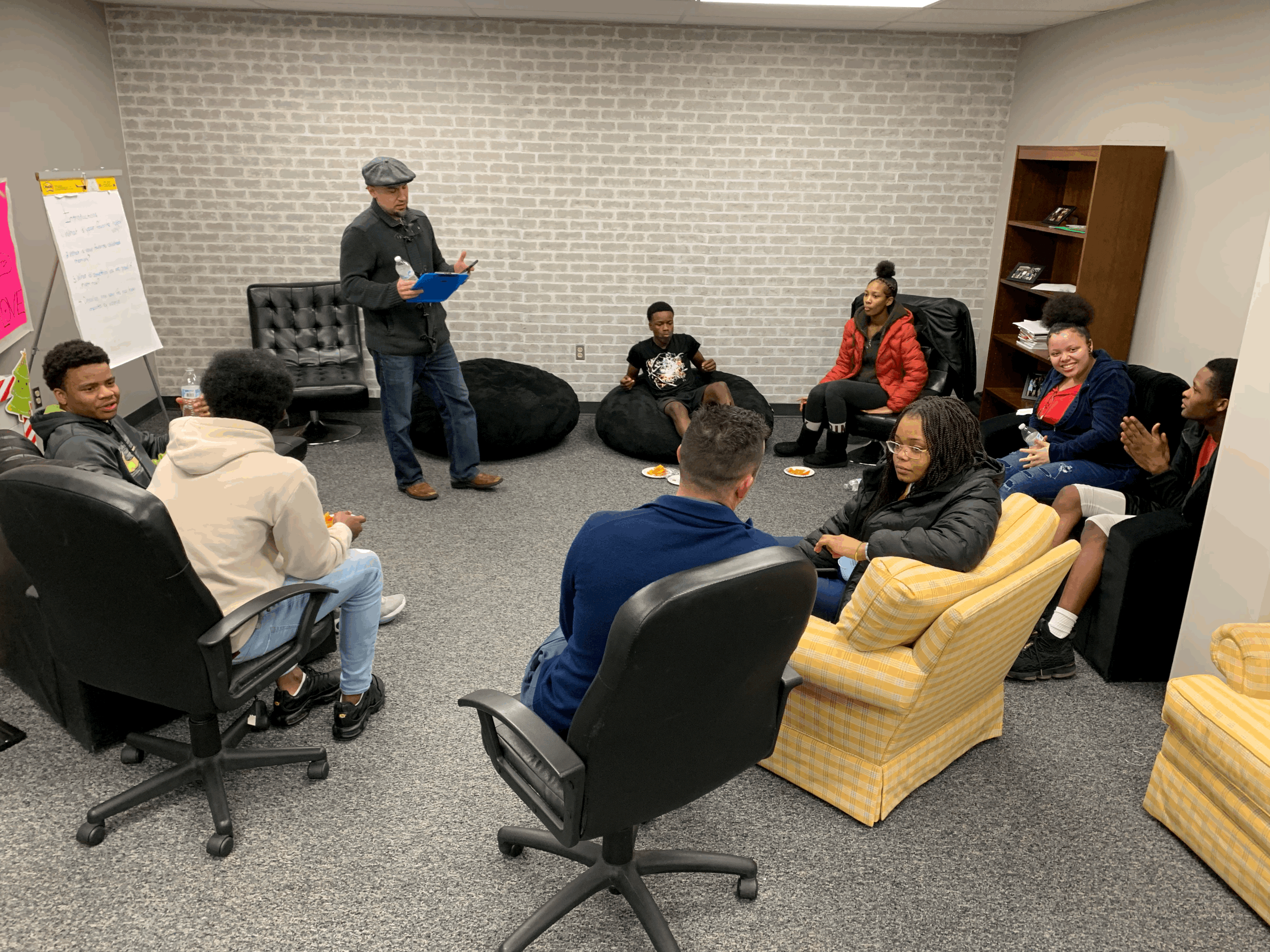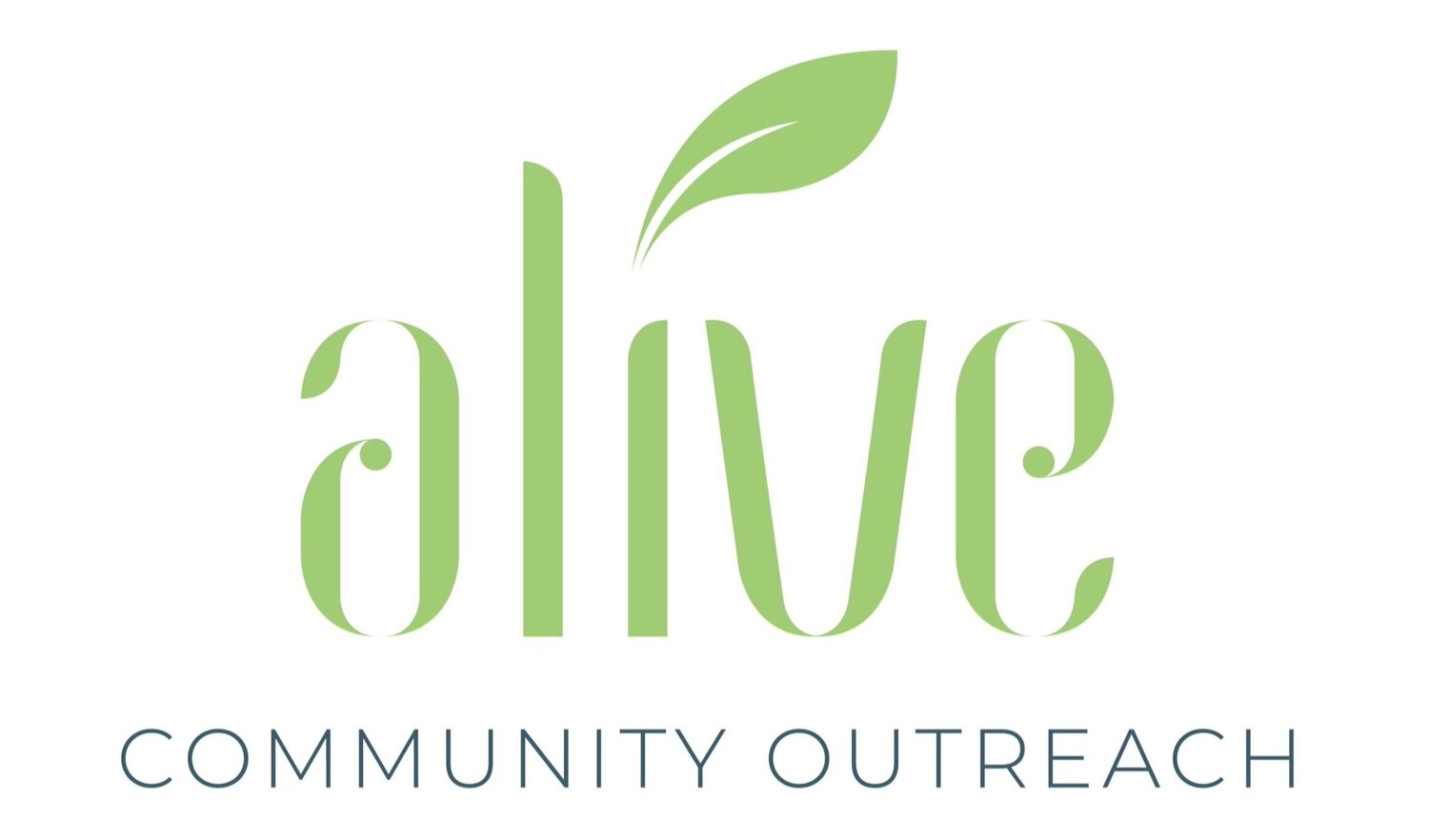
Community Education
Final Marching Orders
On April 4, 1968, as Dr. Martin Luther King, Jr. was planning his day at the Lorraine Motel in Memphis Tennessee, he offered some words to his young associate, Bernard Lafayette, who was getting ready to leave for the airport: “Now Bernard, the next movement we’re going to have is to institutionalize and internationalize nonviolence.” Bernard expected to continue this conversation at a later time, but tragically he would never have the opportunity. As Bernard landed in D.C. later that day, he received news that his friend and mentor was assassinated. From that moment up until this very day, Dr. Lafayette (“Doc”) has taken those last words at the Lorraine Motel as King’s “Final Marching Orders.”
Dr. Martin Luther King, Jr. with Bernard Lafayette.
Years after Dr. King’s assassination, Doc teamed up with fellow Civil Rights activist Dr. David Jehnsen to co-author the Kingian Nonviolence Conflict Reconciliation Curriculum. This particular approach to nonviolence has wide application, from reconciling family and interpersonal conflicts, to resolving conflicts between groups, to addressing conflict on larger, societal levels.
As our friend Kazu Haga writes,
Forty-five years after Dr. King spoke about his vision for his next movement, this philosophy has taken root in institutions around the world. In Bella Vista Prison in Colombia, youth are trained in nonviolence by the prison inmates. Tens of thousands of militants in Nigeria are turning in their arms after being trained in nonviolence as part of a government amnesty program. Chicago’s North Lawndale College Prep High School has seen a 90-percent reduction in violence over four years, which began with a 70-percent reduction during the first year it invested in Kingian Nonviolence. As successful as this program has been in reducing and preventing violence in communities riddled with conflict, it has also found success in social change movements.
Alive is part of the Kingian Nonviolence Network and is on track to becoming a Level 3 certified Kingian Nonviolence center. Our staff has been trained directly by Dr. Bernard Lafayette and Dr. David Jehnsen, along with other senior nonviolence advocates and trainers from around the world. In just our first year, we’ve trained over 100 people in various aspects of nonviolence, each representing seeds that will grow and spread across the turbulent fields of our world. We believe in the power of nonviolence; even more, we believe in the power of young people grounded in agape love and equipped with skills to become peacemakers in their families, neighborhoods, schools, and beyond. As we continue to spread these seeds of peace and hope, we will inch closer and closer toward a beloved community free from the cycle of violence.

Trainings
Our trainings are geared toward youth and youth-serving organizations. This includes churches, schools, after-school programs, social service agencies, and any other groups who interact with youth and desire to cultivate a community of nonviolence. Our focus is Fort Wayne, but we do occasionally offer virtual trainings that can be accessed from anywhere in the world, often in collaboration with other organizations in our network.
These are the trainings we currently offer:
Core Training
This is our flagship training in Kingian Nonviolence. It covers some historical background, the 6 Principles and 6 Steps of Nonviolence, Types and Levels of Conflict, Nonviolent Leadership, Organizing and Mobilizing, and more. This training is 16 hours and is generally offered over two consecutive days, but we will work with organizations who need or prefer to stretch this out over a longer period of time.
Mini Trainings
While nonviolence is best engaged and understood as a whole, we also offer opportunities for organizations and groups to get their feet wet with shorter, more focused trainings. We currently offer two 90 minute trainings, one each on the 6 Principles and 6 Steps of Nonviolence.
Cycles of Violence and Building Resilience (coming Spring 2021)
Being “trauma-informed” is no longer something expected only of mental health and social service providers. As a community, it is incumbent upon us to understand how trauma works, how it contributes to ongoing and harmful cycles, and, most importantly, what we can do about it. Drawing upon principles of nonviolence and the Strategies for Trauma Awareness and Resilience (STAR) model, we offer this two-part training (2 hours each) which explores the connection between trauma and violence and how we can break cycles of violence and build resilience in our communities.
Our Executive Director, Rev. Angelo Mante, with Dr. Bernard Lafayette.
Taken June 2019 in Selma, Alabama.


